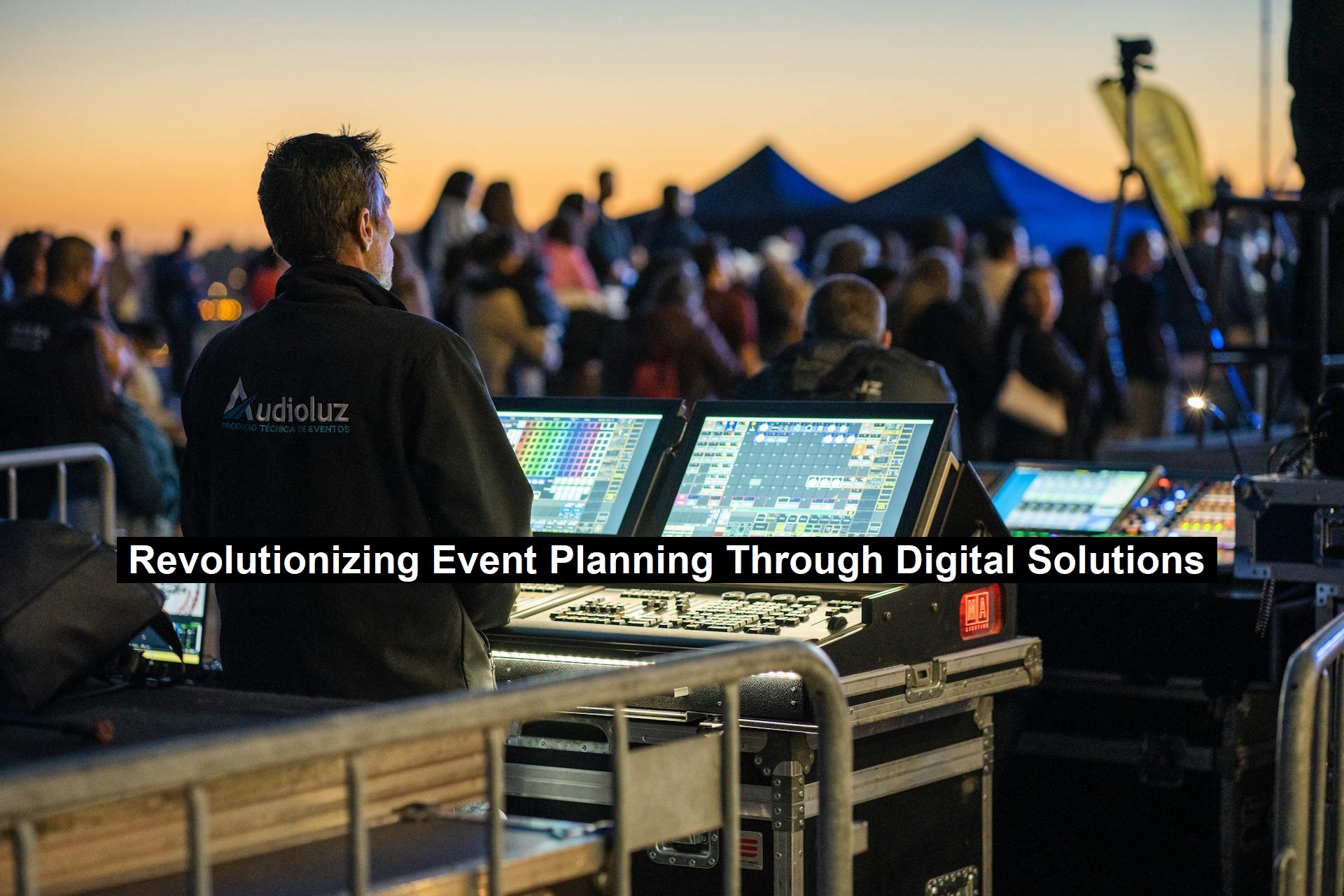The world of event production is undergoing a massive transformation, largely driven by advances in technology. From improving event planning and management to enhancing attendee engagement and event sustainability, technology has become a game-changer for event organizers. These innovations are redefining how events are produced and experienced, offering new opportunities for organizers to create more dynamic, interactive, and efficient events.
Let’s take a closer look at how technology is reshaping the event production landscape:
One of the most impactful technologies in event production today is digital planning and management software. These tools help streamline processes such as attendee registration, schedule management, and coordination, making it easier for event planners to handle logistics and focus on the more creative aspects of event design. With the ability to send real-time updates and facilitate communication between team members, these technologies improve both the efficiency and quality of event production.
Read: Building Lasting Brand Loyalty Through Strategic Trade Show Engagement
Augmented reality (AR) and virtual reality (VR) are also bringing exciting new dimensions to events. Virtual reality immerses attendees in fully digital spaces, which is especially useful for events like trade shows and exhibitions where in-person attendance may not be possible. Augmented reality enhances real-world events by adding layers of digital content, offering interactive and engaging experiences that keep attendees captivated. These technologies not only elevate the event experience but also provide innovative opportunities for sponsors and exhibitors to connect with their audience in unique ways.
Live streaming has become an essential tool for expanding the reach of events, allowing organizers to broadcast content to a global audience. This is particularly valuable for recent events like the political event production Minneapolis has experienced, where reaching a geographically diverse group of participants is key. Live and on-demand streaming allows individuals to participate virtually, overcoming geographic limitations and making it easier for attendees to access key sessions or presentations from anywhere. This approach extends the value of the event well beyond its physical duration.
The use of data analytics has also become a cornerstone of modern event production. By tracking attendee preferences and behaviors, organizers can create tailored experiences that better meet the needs of their audiences. Data-driven insights enable event planners to refine their strategies, ensuring that each event is successful in terms of networking, education, or promotion. This approach also allows organizers to track success metrics and apply these lessons to future events, continually improving the overall experience.
Sustainability is increasingly a focus of event production, and technology is helping organizers meet eco-friendly goals. Digital ticketing and electronic programs reduce paper waste, while energy-efficient lighting and sound systems contribute to the sustainability of the event. These green practices are particularly appealing to environmentally-conscious attendees and also help reduce costs, aligning with global efforts to promote sustainability in all sectors.
Despite the incredible potential of digital tools, the human touch remains central to successful event production. Technology should be seen as a facilitator of personal connections, not a replacement for them. Moving forward, the future of event production will focus on combining the efficiency of digital tools with the personal interaction and networking that make events truly memorable.
As technology continues to advance, its impact on event production will only grow. To learn more about how digital tools are revolutionizing the event production industry, check out the accompanying resource.
Event-Planning
